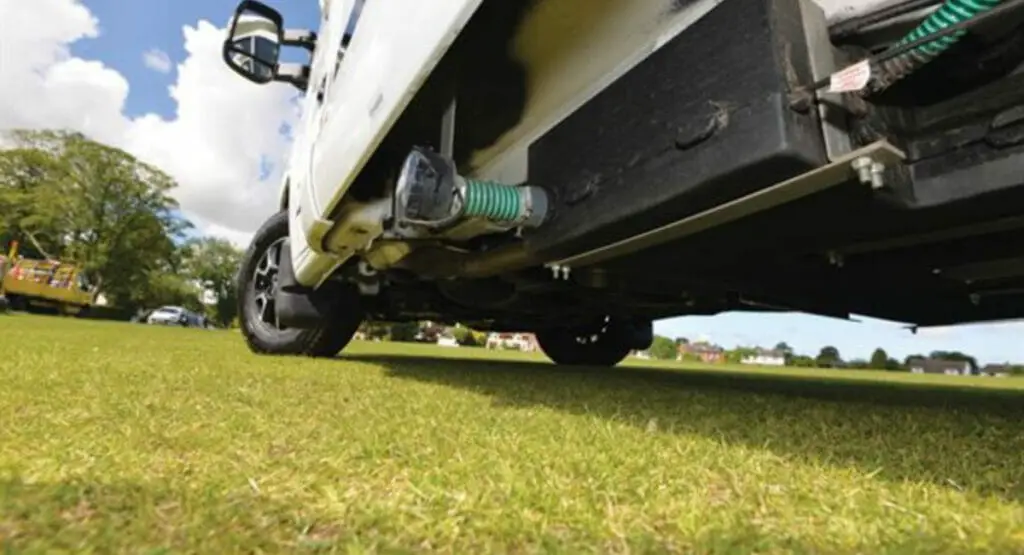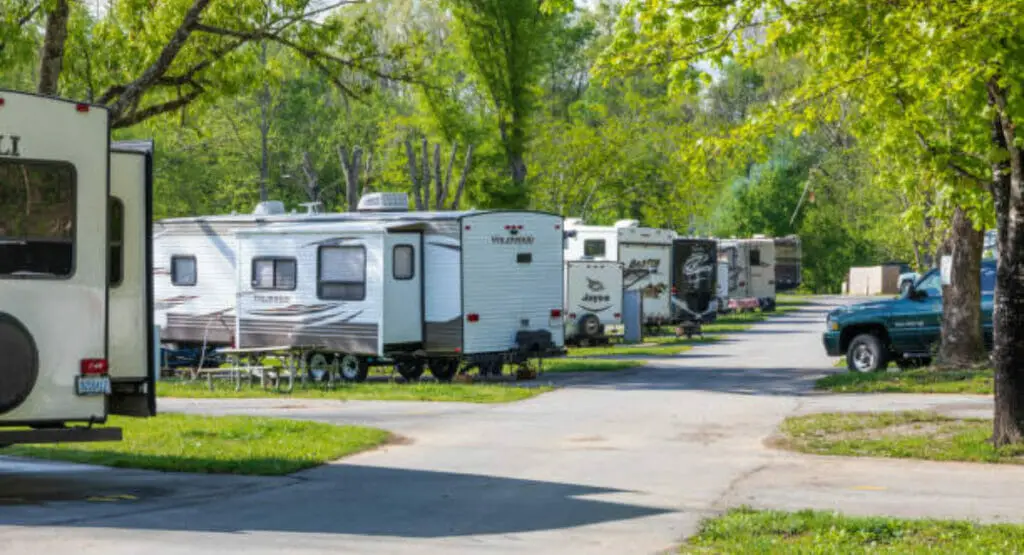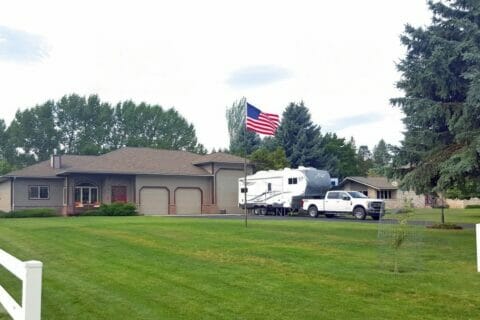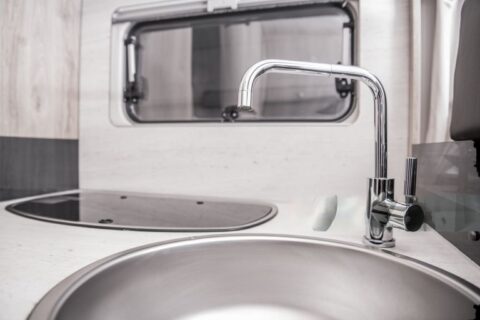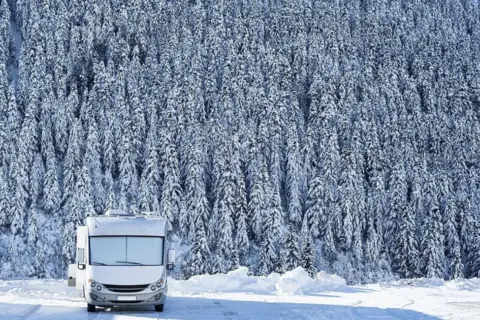If you own an RV, you understand how critical it is to maintain the fresh water system in good working order. Yet, an overflowing fresh water tank is a typical problem that many RV owners face. This may be caused by a number of things, including a faulty water pump or a broken tank. In this post, we’ll go over some of the most frequent reasons for an overflowing RV fresh water tank, as well as some troubleshooting tips.
1. The water Pump Not Working
A faulty water pump is one of the most prevalent causes of an overflowing RV fresh water tank. A water pump is in charge of transporting water from the fresh water tank to the RV’s faucets, showerheads, and other water outputs. If the pump fails to function properly, water might build up in the tank and overflow. You may need to replace the water pump or have it fixed by a professional to resolve this problem.
2. Pressure Regulator Fault
A defective pressure regulator is another probable reason for an overflowing RV fresh water tank. The pressure regulator regulates the water pressure in the RV’s fresh water system. If the regulator fails to work properly, the water pressure might become too high, resulting in an overflowing tank. To fix this issue, the pressure regulator might need to be changed or set to the right pressure level.
3. Water Filter Clog
An overflowing RV fresh water tank might also be caused by a blocked water filter. The flow of water to the RV’s faucets and other outputs may be lowered as debris and silt build up in the water filter over time. This may cause water to back up and overflow in the tank. To resolve this issue, you may need to replace or thoroughly clean the water filter.
4. Tank or Fittings Damage
Lastly, an overflowing RV fresh water tank might be the result of a faulty tank or fittings. If the tank or fittings are cracked, distorted, or otherwise damaged, they may not be able to hold enough water. Water may seep out of the tank and overflow as a result. To resolve this issue, a professional may be required to replace or repair the tank or fittings.
Conclusion
To summarize, an overflowing RV fresh water tank can occur in a variety of circumstances. RV owners can keep their fresh water systems running smoothly and avoid costly damage to their RVs by recognizing the common causes of this problem and taking the appropriate troubleshooting steps.

